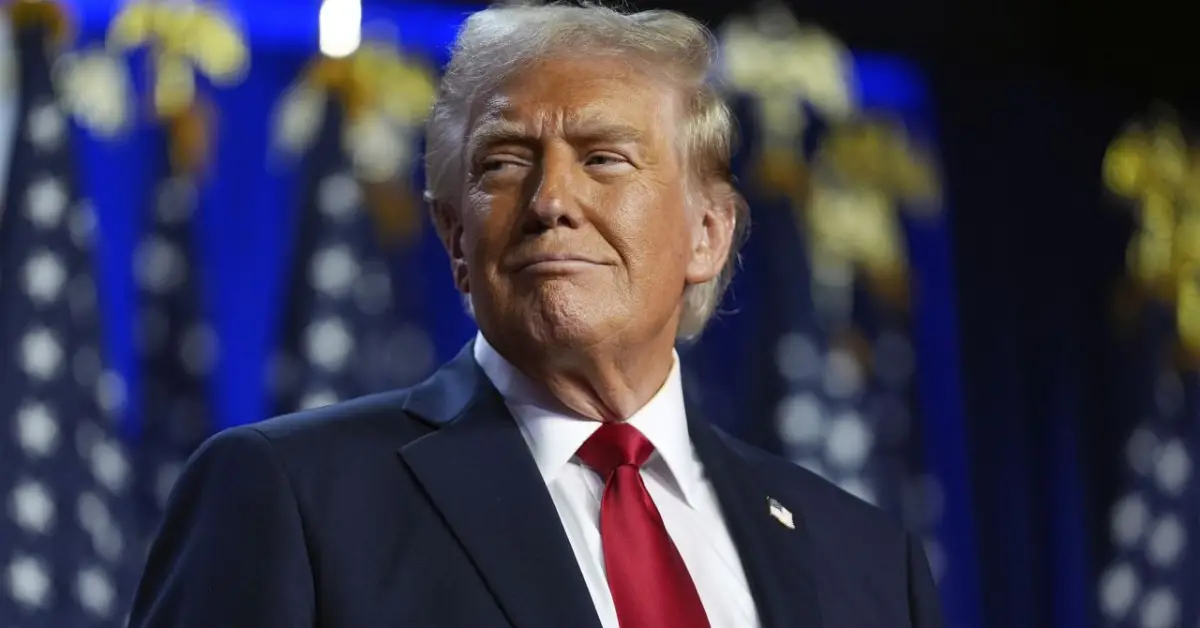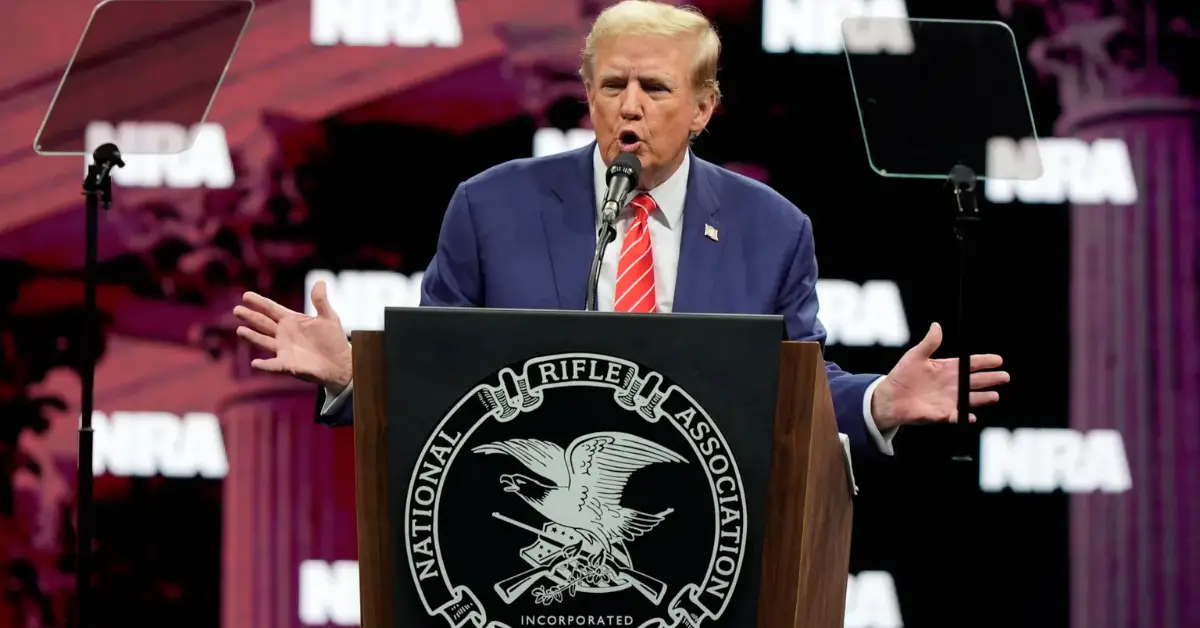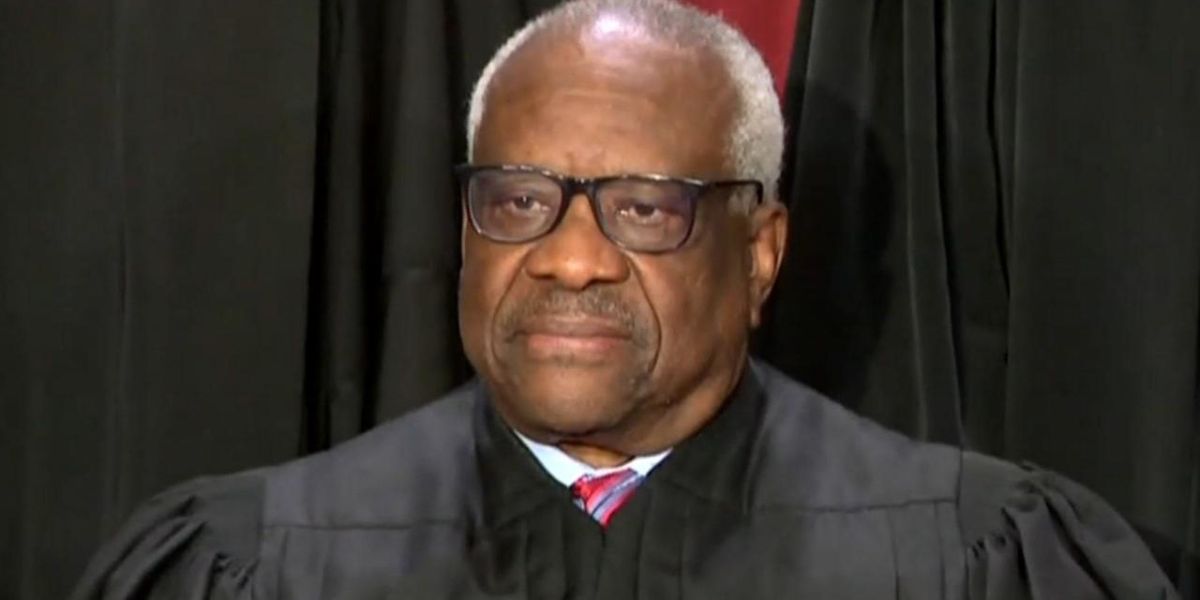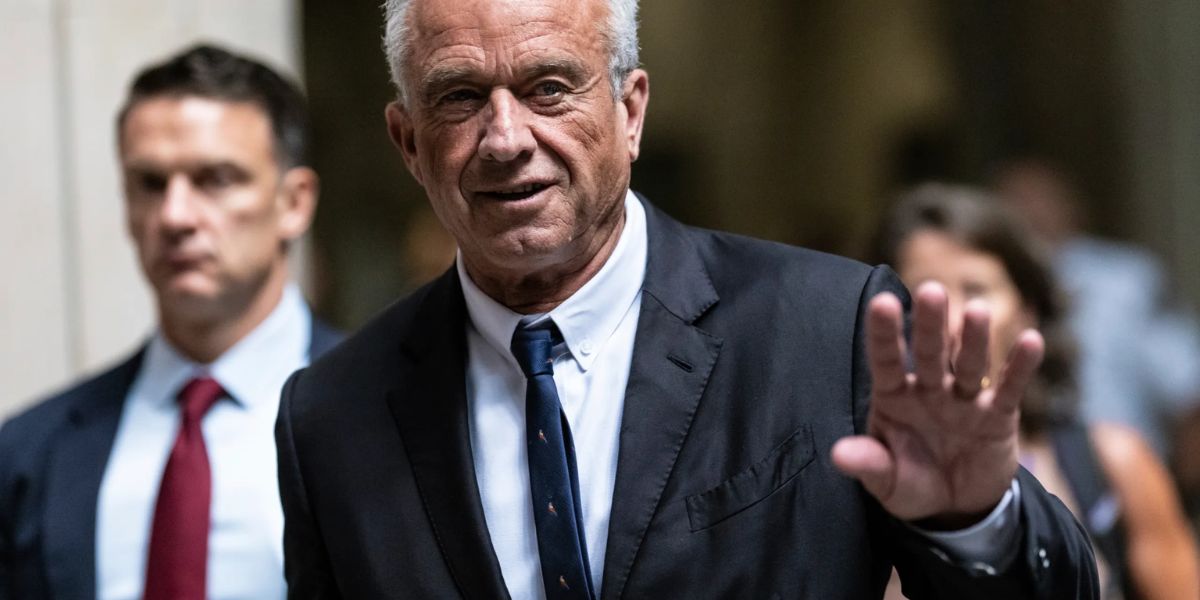Donald Trump, the 45th President of the United States, is facing a major political crisis as new polls suggest growing dissatisfaction among Republican voters and leaders. The shift in political support for Trump has been sudden and significant, leaving him with a shrinking base within his own party.
This recent development marks a critical turning point in the GOP’s relationship with the president. It raises questions about the party’s future as well as Trump’s re-election prospects.
A recent national poll has revealed that Republican support for Trump is dropping sharply, with several key figures and former allies now distancing themselves from his leadership. The survey shows a notable decline in enthusiasm for Trump, particularly among independent voters and moderate Republicans, who were once his strongest supporters. The poll highlights a growing divide between Trump and a significant portion of his party, as well as his inability to retain the loyalty of Republicans who had previously backed him.
The political fallout from these shifts is clear: Trump is no longer the unifying figure he once was within the GOP. As Republican voters turn their backs on him, many are beginning to question his ability to lead the party to victory in the upcoming elections. These concerns are not limited to Trump’s policies but also extend to his leadership style and handling of various political issues over the past few years.
Key Republican lawmakers, including some of Trump’s most prominent allies, have begun to express doubts about his leadership publicly. Senators and governors from traditionally red states are expressing concerns about his divisive rhetoric and handling of critical issues, including the economy, healthcare, and national security. For example, several Republican governors have signalled that they will no longer support Trump’s leadership, fearing that his controversial policies will hurt the party’s chances in the 2024 elections.
The Republican Party, long unified under Trump’s banner, is now faced with the uncomfortable reality that its future may not be tied to the president’s success. With the GOP divided, the likelihood of a fractured party in the 2024 elections increases. For many within the GOP, it’s not just about rejecting Trump personally but about finding a way to move forward and adapt to the shifting political climate in the United States.
This internal rift comes at a time when Trump’s re-election campaign is struggling to gain momentum. His critics within the GOP argue that he has failed to keep his promises from his first term, particularly in areas such as job creation, healthcare reform, and immigration. At the same time, his handling of the COVID-19 pandemic and the subsequent economic downturn have left many Republicans questioning his effectiveness as a leader.
While Trump still retains a loyal base of supporters, particularly among conservative voters, the growing number of Republicans who are willing to break away from him is a worrying sign for his political future. Some party members are even calling for new leadership, suggesting that the GOP needs a fresh face to lead it into the next election cycle. Figures such as former Vice President Mike Pence, Senator Ted Cruz, and Florida Governor Ron DeSantis are often mentioned as potential successors to Trump who could restore the party’s credibility.
At the heart of the crisis is Trump’s failure to unite the Republican Party. In the past, he was able to rally a broad coalition of conservative voters, from far-right extremists to more traditional Republicans. However, as time has passed, the unity that once defined his leadership has begun to fracture.
Moderate Republicans, who were once hesitant to criticise Trump but supported him for political expediency, are now openly calling for a change in direction. This shift has left Trump vulnerable to challenges from within his ranks, as some Republicans see him as an obstacle to the party’s success.
This situation is not only damaging to Trump but also puts the future of the Republican Party in jeopardy. With key party figures distancing themselves from the president, the GOP risks becoming further divided, leading to a loss of support among voters who are tired of the infighting and lack of unity. For many Republicans, the question is no longer whether Trump can win the 2024 election but whether the GOP can survive the ongoing political turmoil.
The consequences of these internal divisions are far-reaching. If Republicans fail to unite behind a single candidate, they risk losing ground to the Democrats, who are capitalising on the party’s weaknesses. Democrats, led by President Joe Biden, are eager to capitalise on the GOP’s divisions, and with the 2024 election fast approaching, they are positioning themselves as a more stable and cohesive party in contrast to the Republicans’ ongoing infighting.
For Trump, the future looks increasingly uncertain. His once-solid grip on the GOP is loosening, and with it, his chances of re-election become more precarious. As his approval ratings continue to decline, Trump faces the daunting task of winning back the support of Republican voters and party leaders who are increasingly dissatisfied with his leadership. His ability to overcome this challenge will be critical to his political survival and the future of the Republican Party.
In the coming months, Trump will have to decide whether he can rebuild his fractured relationship with the GOP or if a new generation of Republican leaders will rise to take his place. The 2024 election cycle promises to be one of the most contested in recent memory, and the GOP’s ability to navigate this crisis will play a significant role in determining the outcome. As the party’s internal divisions continue to grow, the pressure on Trump and other Republican leaders to find common ground will only intensify.
The question now is whether Trump can regain control of his party and steer it back on course or if the Republicans will be forced to seek new leadership and a fresh direction. Either way, it is clear that the GOP is at a crossroads, and its future will depend on how it handles this political crisis in the months leading up to the 2024 elections. As the political landscape continues to shift, Trump’s ability to adapt to these changes will determine whether he remains a key figure in the party or becomes a footnote in its history.
Disclaimer: This article has been meticulously fact-checked by our team to ensure accuracy and uphold transparency. We strive to deliver trustworthy and dependable content to our readers.




